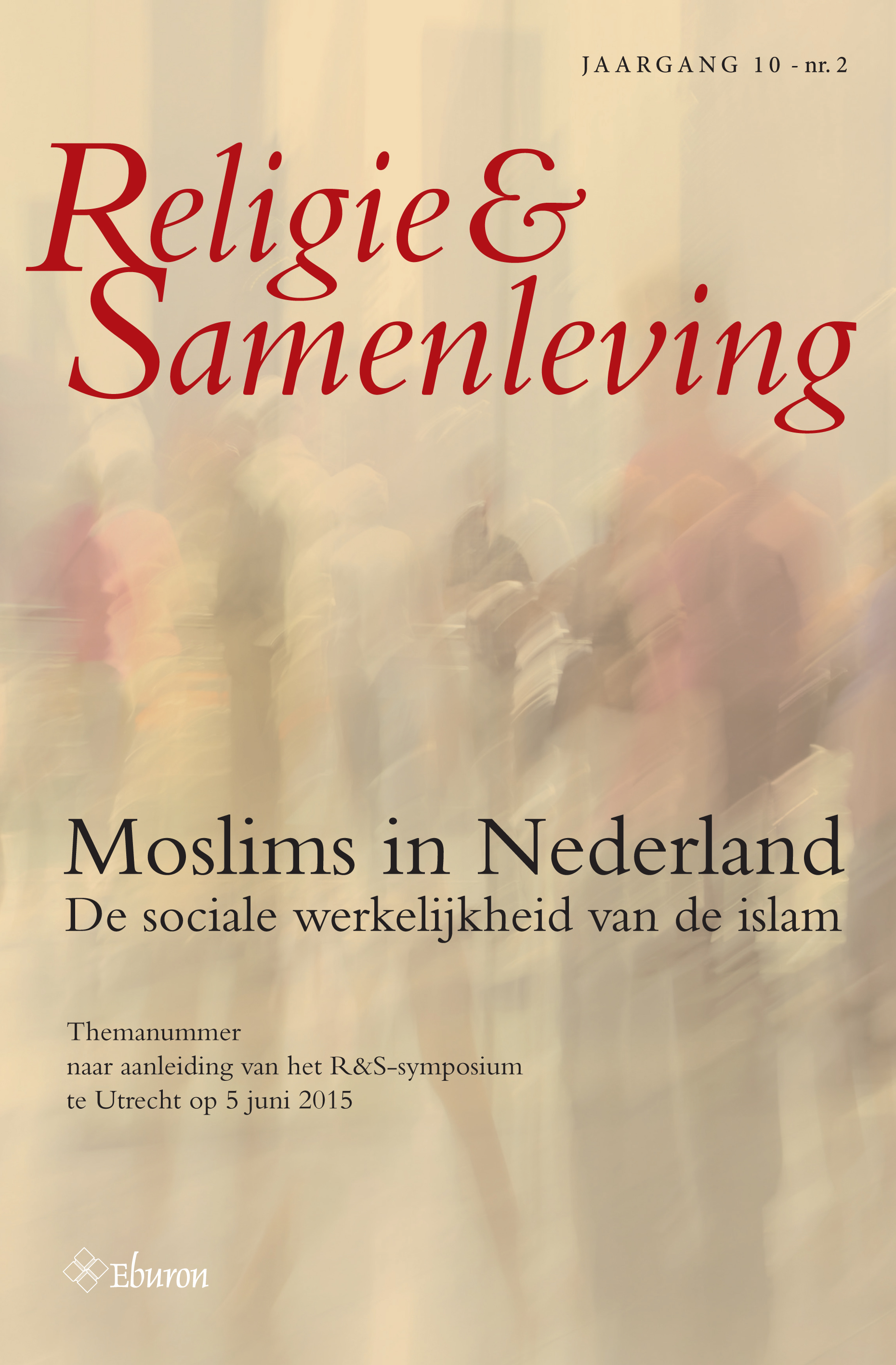Religieus gezag op drift
Een essay over de plaats en legitimiteit van islamitisch gezag in een veranderend religieus landschap
DOI:
https://doi.org/10.54195/RS.12246Samenvatting
Islamic authority and leadership are probably the most sensitive issues in contemporary debates about Islam in Europe. In the 1990s the religious landscape was still firmly anchored in immigrant networks and structures. These networks still play an important role, but the process of diversification among Muslims significantly undermined their legitimacy. Although governments seem to persist in the idea of a homogeneous national Islam that speaks with one voice, the current situation shows the reverse. There are numerous indications that the authoritative and institutional frameworks of Islam in European countries, which are mainly developed under migratory conditions are under pressure. There are initiatives to set up theological institutions and organizational structures that transcend ethnic divisions. Also the rapidly increasing numbers of ‘new’ independent preachers, who are especially popular among young Muslims, are an indication of the changes that currently take place.




